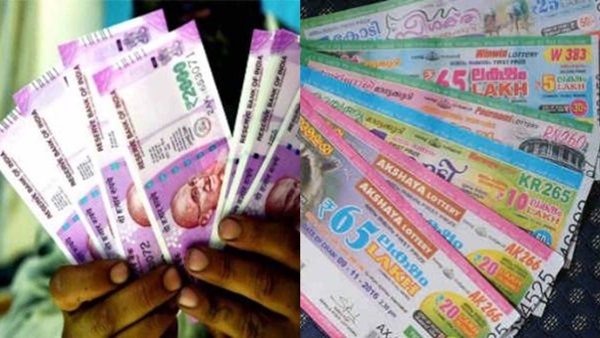The lottery, a game steeped in history and tradition, continues to captivate people worldwide with its promise of transforming lives overnight toto macau. From its ancient origins to its modern-day variations, the lottery represents both hope and fortune, intertwining with the economic and social fabric of societies.
Historical Roots and Evolution
The concept of lotteries dates back to ancient civilizations. The Chinese Han Dynasty (205-187 BC) used lotteries to fund major projects, such as the Great Wall. In Ancient Rome, lotteries were used for public entertainment and as a means to distribute property. The practice evolved through the ages, eventually leading to the development of more structured lottery systems in Europe.
The modern lottery, as we know it today, began in the 16th century. The first recorded lottery in Europe took place in the Netherlands in 1440, primarily to raise funds for city fortifications. By the late 16th century, lotteries had become a popular means of financing state ventures and charitable causes. Queen Elizabeth I established the first English state lottery in 1569, and the funds were used for various public works and to support the poor.
The Modern Lottery System
Today, lotteries are a global phenomenon, varying in format and regulations across different countries. While the underlying principle remains the same—a game of chance where participants purchase tickets for a chance to win prizes—the specifics differ.
In the United States, state-run lotteries offer various games, including Powerball and Mega Millions. These lotteries often feature large jackpots that attract millions of players. Revenue from these lotteries is frequently allocated to public services such as education and infrastructure.
In Europe, lotteries like the EuroMillions and the UK National Lottery have become major players in the gambling industry. These lotteries not only offer substantial prizes but also support charitable causes and community projects. The European lottery system is known for its cross-border collaborations, allowing participants from multiple countries to take part in the same lottery draw.
Social and Economic Impact
The lottery’s impact extends beyond individual winnings. On a societal level, lotteries generate significant revenue for governments and charitable organizations. For instance, in the UK, the National Lottery has contributed billions to good causes, funding projects in sports, arts, and heritage.
However, lotteries also have their critics. Concerns about their regressive nature—that they disproportionately affect lower-income individuals—have been raised. Critics argue that lotteries can become a form of voluntary taxation on the less affluent, who may spend a significant portion of their income on tickets in the hope of a better life.
The Allure of Winning
The lottery’s enduring appeal lies in its simplicity and the tantalizing prospect of instant wealth. The odds of winning major jackpots are notoriously slim, but this does not deter millions from participating. The excitement of potentially transforming one’s life with a single ticket fuels the lottery’s ongoing popularity.
People are drawn to the idea of achieving financial freedom and improving their quality of life. Stories of lottery winners who have made dramatic changes in their lives add to the mystique and allure of the game. Whether it’s funding a dream home, starting a business, or supporting family members, the potential for life-altering success keeps players coming back.
